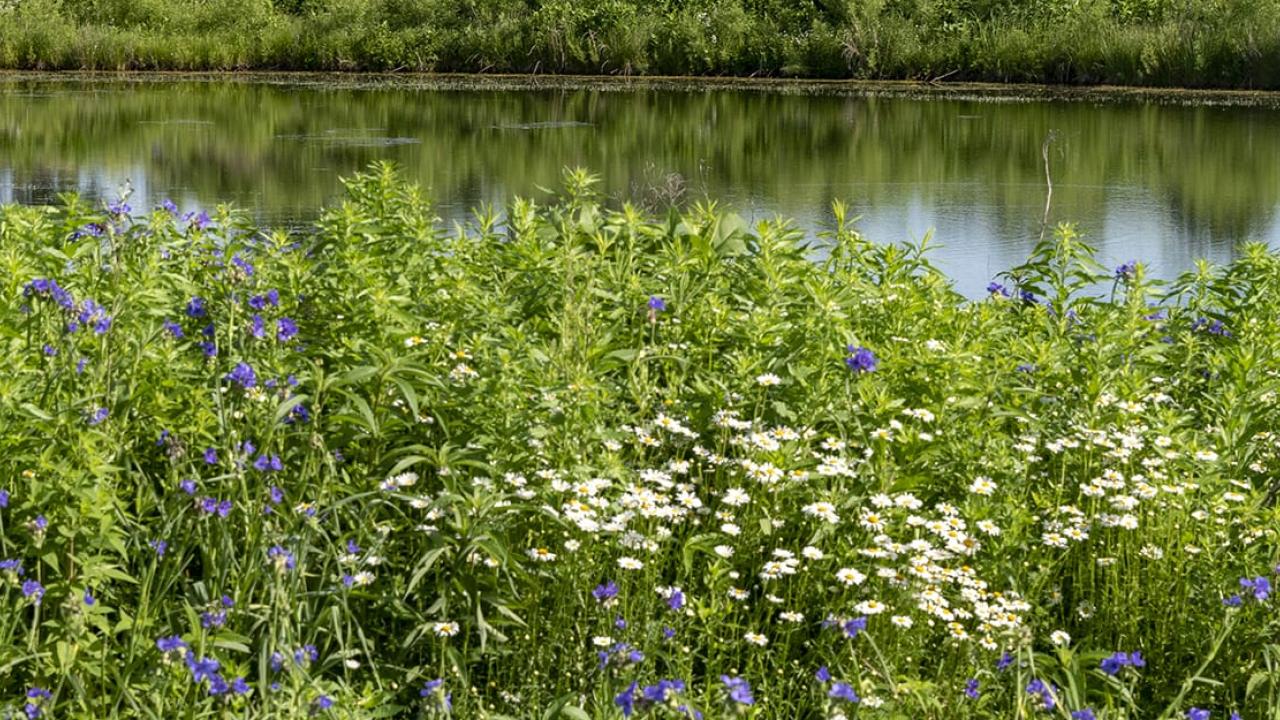

Commitment to Indigenous Communities
As a leader in plant conservation, horticulture, and environmental education committed to equity and inclusion, it is the responsibility of the Chicago Botanic Garden to recognize the Indigenous communities that were the original caretakers of the land on which the Chicago Botanic Garden’s main and satellite campuses reside. We acknowledge the historical fact of their violent physical removal and dispossession and recognize that these historical actions have continuing impacts.
The Forest Preserves of Cook County are the current custodians of the land on which the Garden sits. As part of the Forest Preserves, we share their Land Acknowledgement:
The Forest Preserves of Cook County acknowledges that we are on the lands of the Council of Three Fires—the Ojibwa, Ottawa, and Potawatomi—as well as the Miami, Ho-Chunk, Menominee, Sauk, and Meskwaki peoples.
As a land management agency, we acknowledge that we have played a role in shaping the histories of local Native Americans by acquiring this land. We must also recognize, share, and celebrate the history of local Native Americans and their immemorial ties to this land.
We commit ourselves to developing deeper partnerships that advocate for the progress, dignity, and humanity of the many diverse Native Americans who still live and practice their heritage and traditions on this land today.
Additionally, the Chicago Botanic Garden commits to an ongoing process of learning and reflection as we advance our organization’s work to design experiences that respectfully engage all visitors in our spaces. We commit to identifying specific actions collaboratively with the Indigenous community that they find meaningful. The following list outlines our current commitments, but represents a living and evolving effort to continue to find ways to honor their history, present, and future in the Chicago region. We commit to:
- supporting land sovereignty for Indigenous communities, specifically access to and use of the land for cultural practices (e.g. harvesting, ceremonies, and gatherings),
- telling complete, accurate stories that uplift voices and are representative of Indigenous communities,
- honoring and celebrating Indigenous culture and contributions, both past and present;
- building meaningful relationships with Indigenous communities,
- and working with local and displaced Indigenous communities to identify additional actions that meaningfully honor their heritage, traditions, and futures.
Contact: Ryan Lothian

